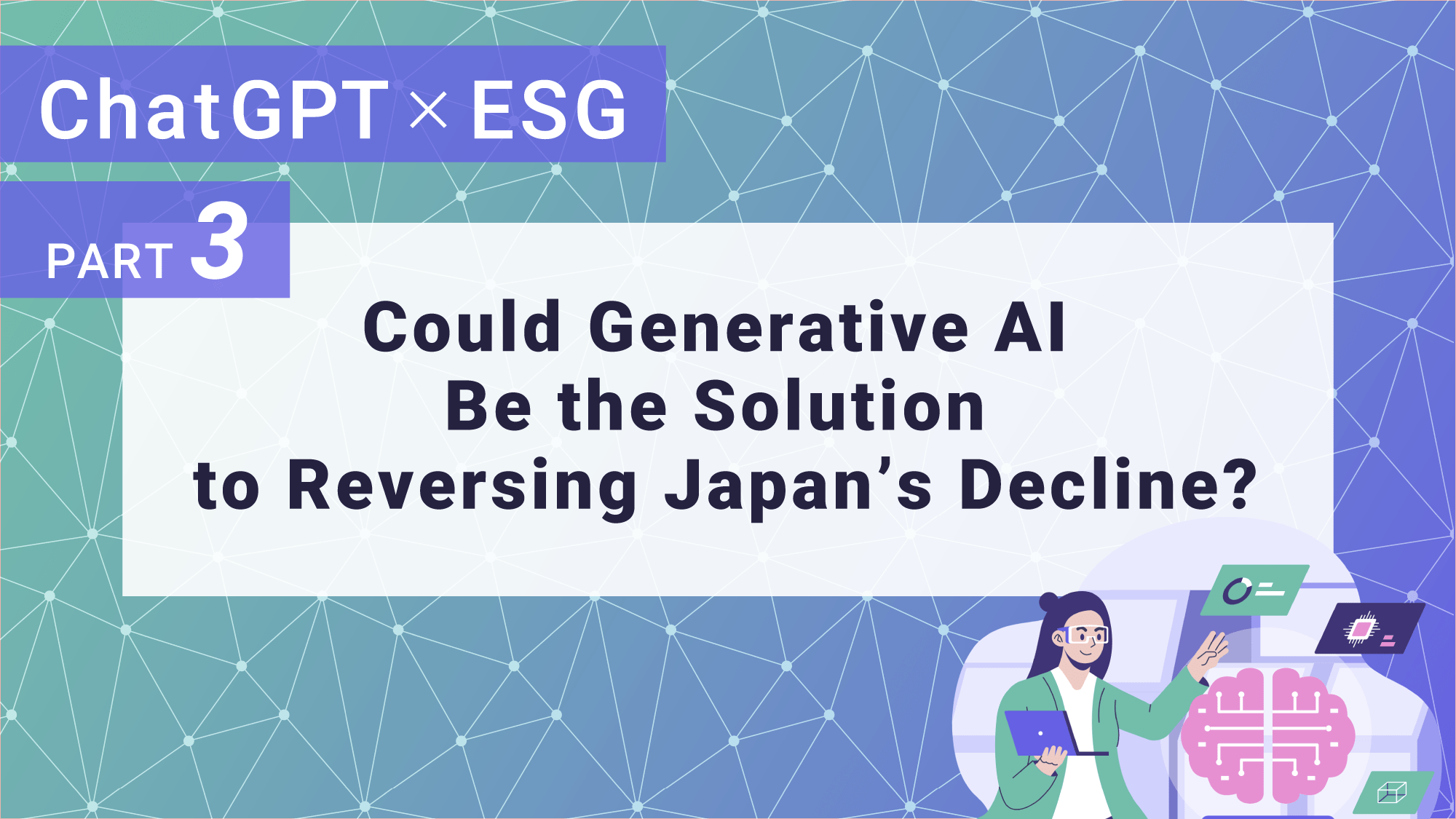
Hello again, readers! As we wrap up our exploration into generative AI, we’ll focus on Japan’s unique potential to benefit from this powerful technology. If you missed the earlier installments, check out part one on generative AI explained and part two on global impacts and opportunities.
Tokyo’s Famous Shibuya Crossing at Night: Unsplash, Jezael Melgoza
Known for its blend of tradition and technology, Japan is uniquely positioned to leverage generative AI. With its strong foundation in manufacturing and an ongoing commitment to technological advancement, let’s examine how generative AI can catalyze innovation across multiple sectors in Japan.
Transforming Traditional Industries
Generative AI stands to revolutionize Japan’s manufacturing sector. By employing generative design, an AI-driven process that swiftly generates optimized design alternatives [1], Japanese industries can achieve enhanced efficiency and innovation. Companies like Mitsubishi Electric are leading the charge, integrating AI into their manufacturing process [2].
This shift isn’t confined to manufacturing alone. Japan’s agricultural sector, a blend of age-old practices and modern tech, is ripe for disruption with generative AI. Utilizing predictive models, farmers can optimize crop yields and employ autonomous farming systems [3]. Fujitsu, a Japanese tech giant, is pioneering this change, harnessing AI for lettuce production [4].
Japan’s fishery industry, integral to the nation’s economy and food supply, can also benefit immensely from generative AI. By employing AI, the industry can generate accurate forecasts of fish stocks and make informed decisions that promote sustainable practices [5].
Supercharging the Startup Ecosystem
Japan’s startup scene, growing at a historically rapid pace, stands to gain significantly from the incorporation of generative AI. From ideation to execution, AI can aid startups in making data-driven decisions, optimizing scaling strategies, and speeding up prototyping. This transformation is evident in the burgeoning numbers of new startups: NEDO reports a tenfold increase in startups using AI in Japan since 2014 [6]. Compare this with this author’s previous report on AI and related startups in Japan pre-pandemic, the conclusion of which was that Japan was trailing behind significantly. [7]
Japanese AI Landscape 2020-2021
This rapid expansion of AI-centric startups is set to transform the Japanese business landscape. With the agility and innovation startups bring, sectors such as finance, healthcare, retail, and more can expect a surge of AI-enabled solutions that could reshape their operations.
Revolutionizing Creative Industries
Japan’s renowned creative industries – from animation and manga to music and gaming – are poised for a renaissance under the influence of generative AI. By enabling AI-composed music or AI-drawn manga, artists can explore uncharted territories of creativity and expression [8]. Shinchosha, the publisher behind notable series like Way of the Househusband and Fist of the North Star, will release a brand-new manga created using AI. According to Anime News Network, the Cyberpunk Momotarō manga, a futuristic retelling of the legend of Momotaro, was produced and assembled with the Midjourney AI software. A full-color print of the story appeared in Shinchosha’s Bunch Comics imprint on March 9, 2023.
AI-generated manga art
Moreover, the rise of generative AI can democratize the creation of art, providing budding artists with AI-powered tools to express their creativity. This democratization can lead to a surge of fresh, diversified content that pushes the boundaries of traditional art forms.
Navigating the Future with Generative AI
While the potential of generative AI is captivating, it’s crucial to address the accompanying challenges. These include upskilling the workforce, ensuring ethical usage of AI, and building robust data infrastructure.
Japan has taken significant steps in these areas. The Japanese government’s Society 5.0 initiative aims to create a data-driven society, harmonizing economic progress with social problem-solving [9]. Also, collaborative initiatives between Japanese tech companies, academic institutions, and global tech entities aim to nurture AI talent, which still significantly lags other developed economies [10].
Society 5.0 logo with AI and humans co-existing: Keidanren Report
Furthermore, ethical guidelines for AI usage are being formulated to ensure responsible deployment [11]. These guidelines will be critical in preserving public trust and ensuring AI is used to enhance human well-being.
In conclusion, Japan is at the threshold of an AI-led transformation. With its rich technological heritage and commitment to innovation, the country is well-poised to capitalize on the generative AI revolution, but will it?
Keep an eye on our blog as we continue to delve into the tech frontiers shaping our world!
This article is part of the ‘ChatGPT x ESG’ series by MPower Partners.